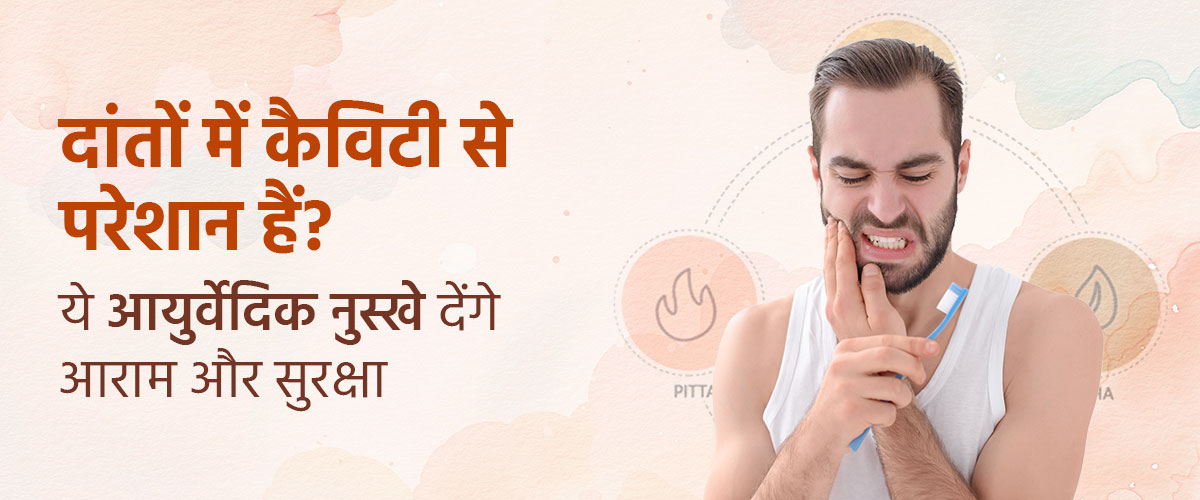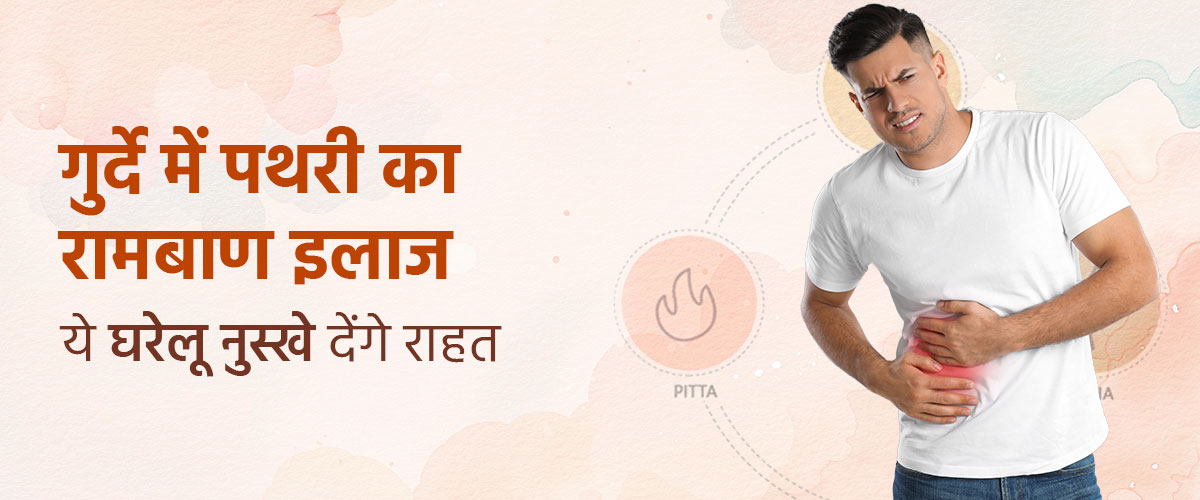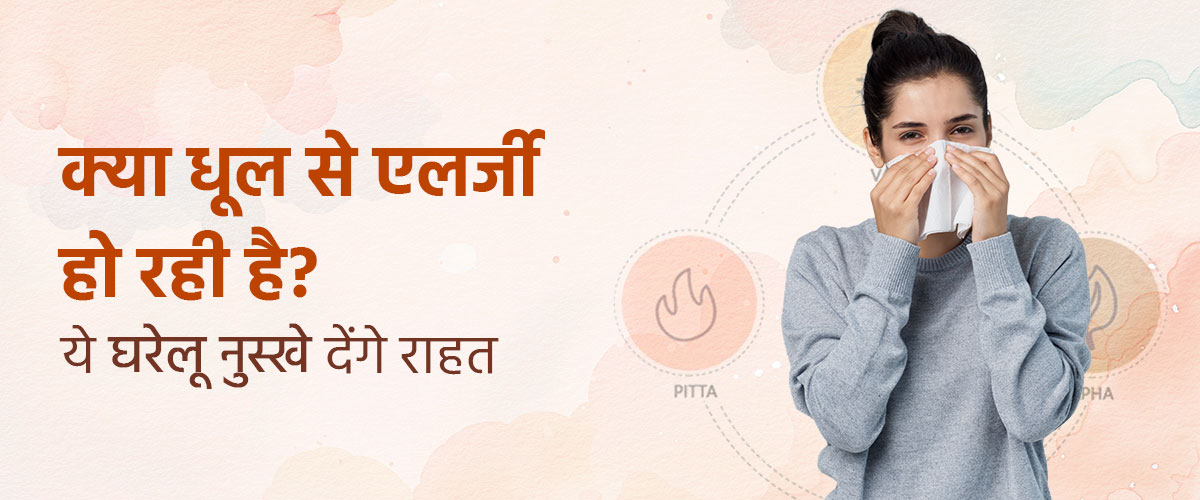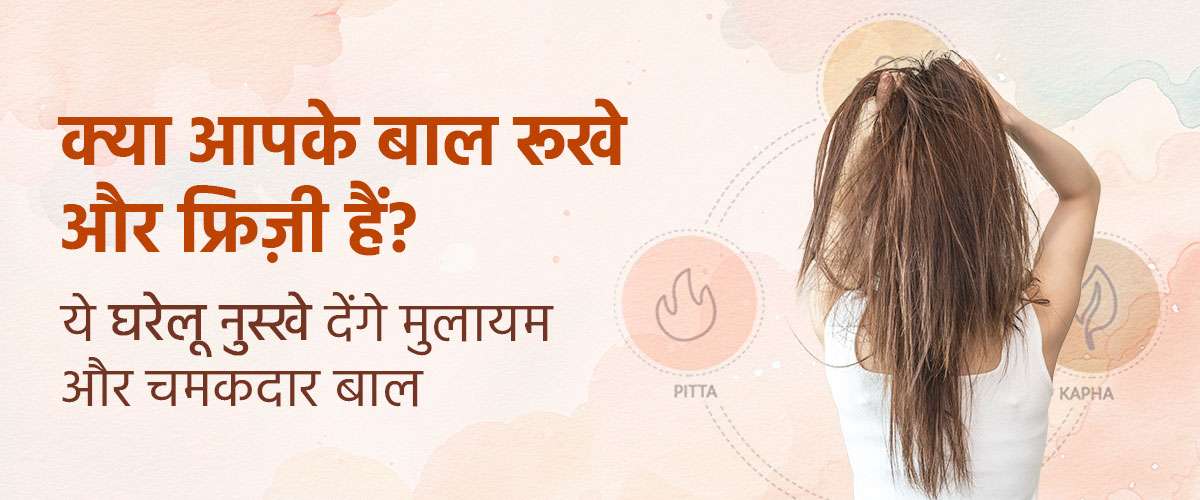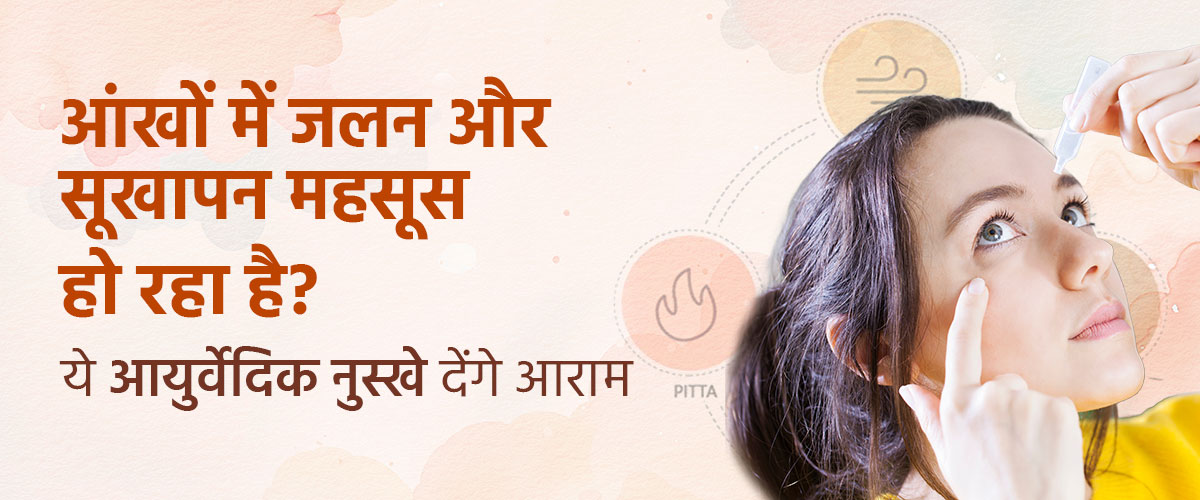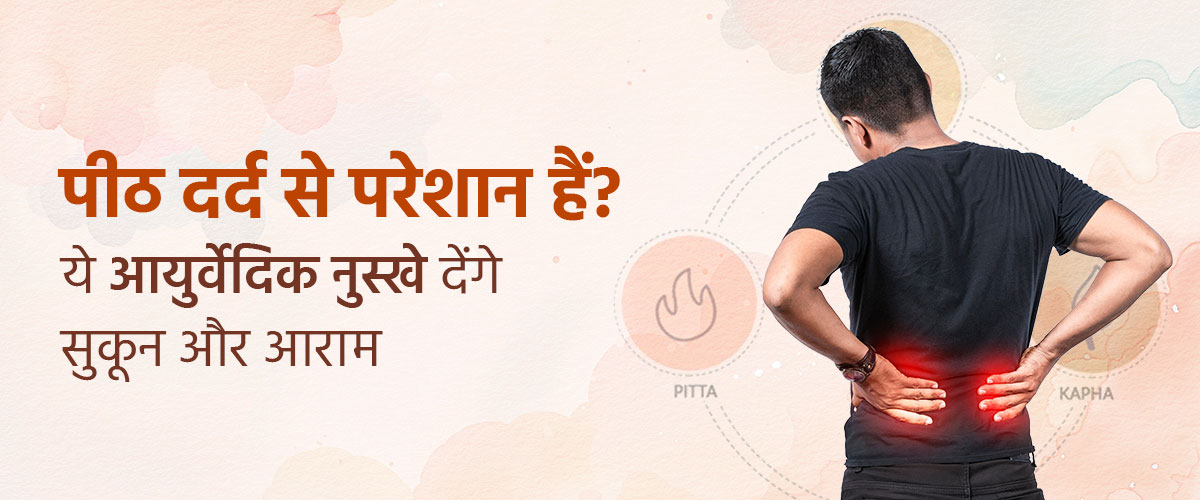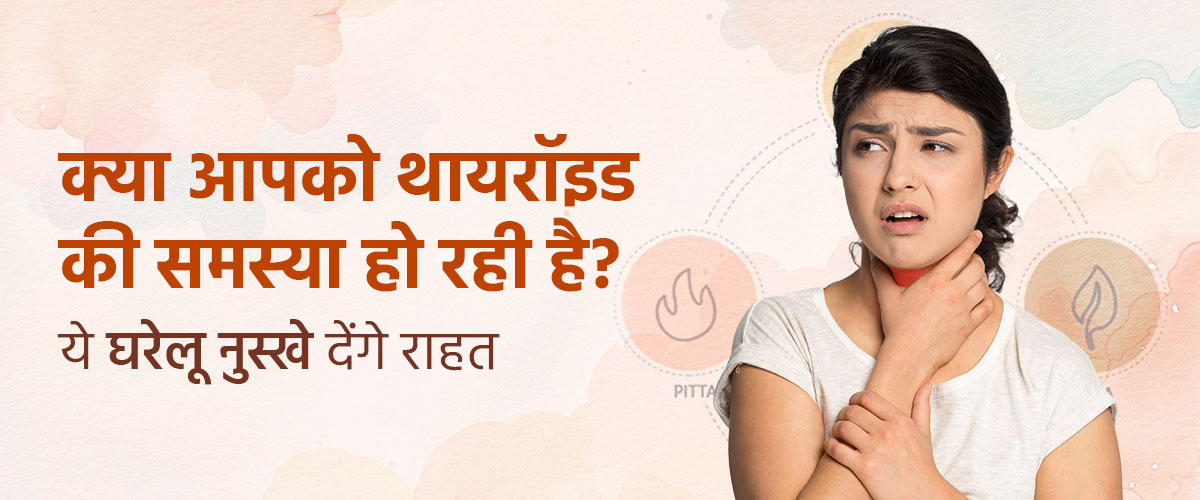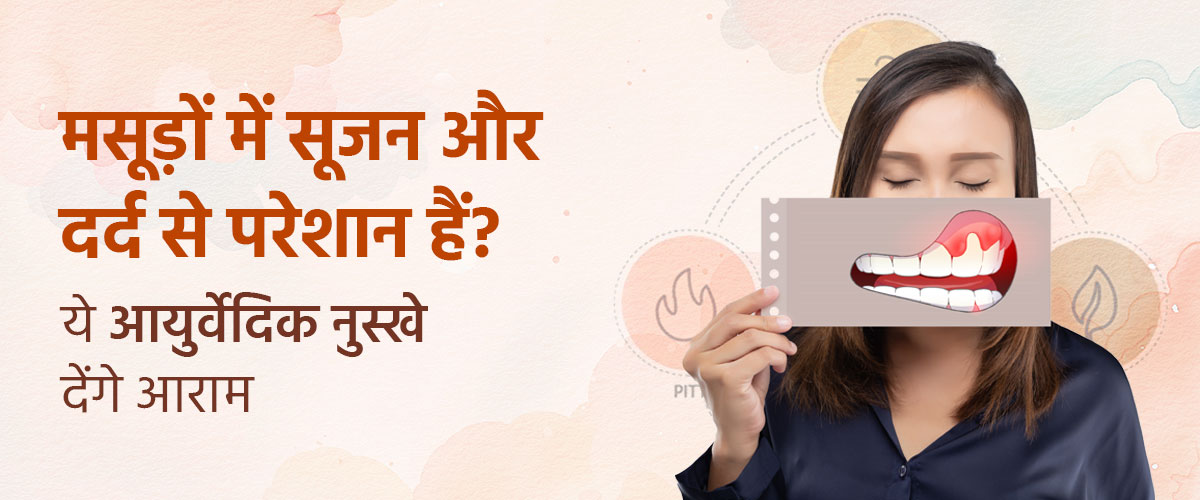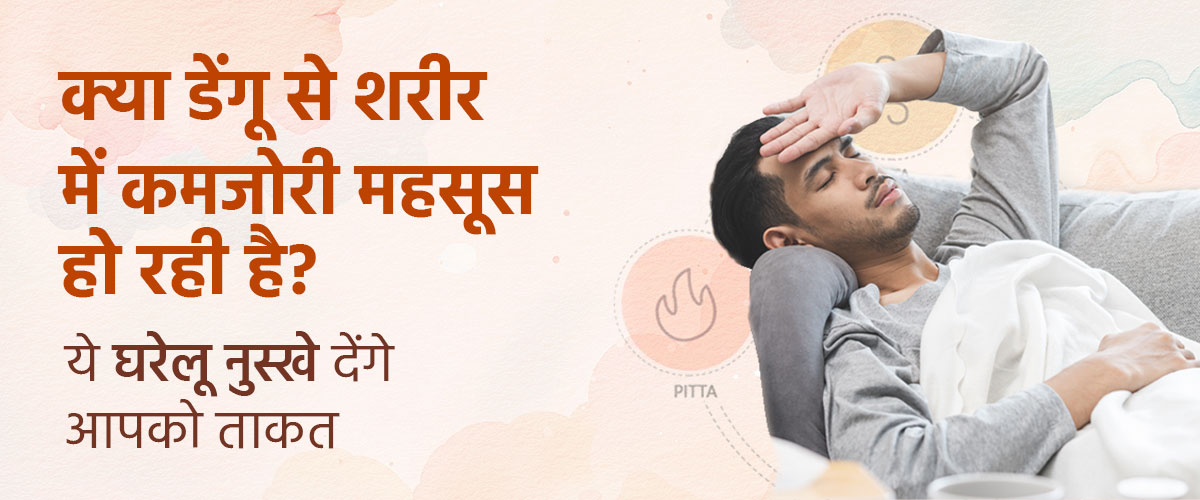Home Remedies For Itchy Scalp
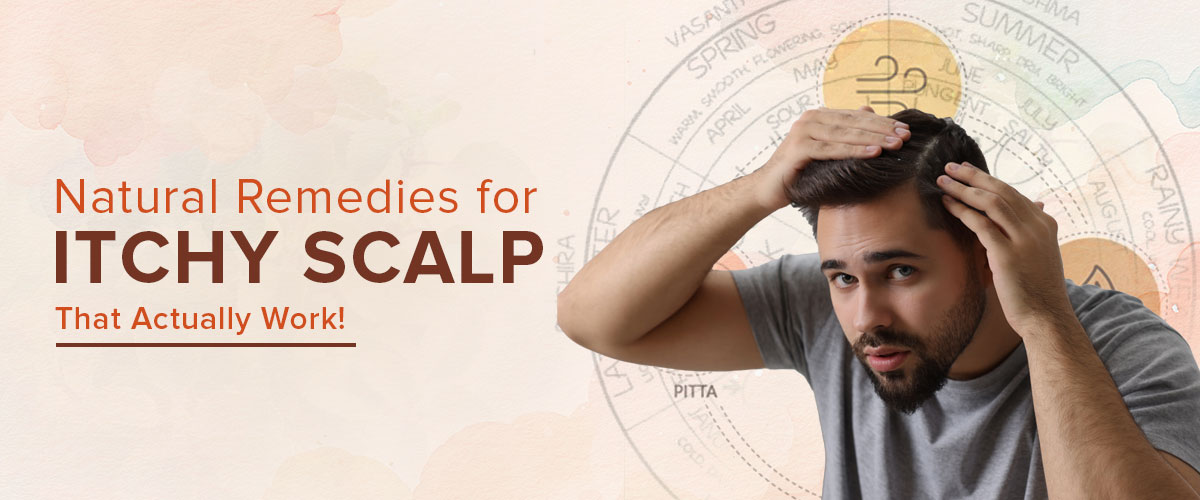
Having an itchy scalp can be a never-ending cycle of discomfort and embarrassment, leaving you frustrated searching for a solution that works. Although there are more than enough products available in the market claiming fast results, most of them have chemical ingredients in them that can harm your hair over time.
But, you can get relief with home remedies for itchy scalp that don’t require more than a few kitchen ingredients. These remedies based on Ayurvedic science will not only calm inflammation but also rejuvenate your scalp and improve overall hair quality. In this article, we’ll take a look at simple but effective home remedies that will address for your itchyscalp concerns.
What is Itchy Scalp?
An itchy scalp is a common dermatological issue in which the skin on your scalp becomes irritated and triggers constant tingling. It can be incredibly annoying, making you want to scratch nonstop. It can happen for a variety of reasons—dryness, dandruff, allergies, fungal infections, or skin conditions like psoriasis and eczema. Whatever the cause, dealing with that constant itch can be frustrating!
While often harmless, constant scratching may lead to even hair loss, if left untreated. Therefore, addressing itchiness promptly should be important for you. By understanding its causes, you can choose effective natural remedies to restore balance and keep your scalp itch-free.
What Causes An Itchy Scalp?
Identifying the root cause is important for finding the right treatment for your itchy scalp. You can experience an itchy scalp for a variety of reasons, ranging from environmental factors to existing health conditions. Dandruff can be one major causes behind your itchy scalp. You may develop dandruff due to overgrowth of a naturally occurring yeast on your scalp, leading to flaking and itchiness. Similarly, your scalp can dry out as a result of insufficient moisture, often triggered by cold weather, daily use of harsh shampoos, and prolonged exposure to heat-styling tools.
You can also develop itchy scalp due to an allergic reaction to hair care products. Shampoos, conditioners, or dyes containchemicals like sulphates or parabens that irritate your scalpand cause itching.
Skin conditions, including eczema, psoriasis, or seborrhoeicdermatitis, can also make your scalp susceptible to itchinessdue to inflammation or oil production issues. Poor hygiene, excessive sweating, and even stress can also worsen your scalp itchiness. However, you can bet on natural remedies to provide effective relief while nourishing your scalp.
Home Remedies & Tips
You don’t need to spend a lot of money on expensive treatment to get rid of itchiness on your scalp. Rather, you can rely on home remedies rooted in Ayurvedic principles to soothe irritation, reduce inflammation, and restore your scalp health. You can opt for any of the following home remedies and tips for itchy scalp to get relief:
Coconut Oil Massage
To ease itchy scalp, you can use Coconut oil as a natural moisturiser. The oil can offer relief by hydrating your scalpand reducing dryness. The oil has antibacterial and antifungal properties that can help you fight dandruff and infections. Warm a small amount of coconut oil and gently massage it into your scalp. Leave it on for 30 minutes or overnight for deeper nourishment, then rinse thoroughly.
Aloe Vera Gel
If you have an itchy scalp due to dryness or infection, then Aloe vera is an excellent remedy for you. It is a natural coolant that also possesses antifungal and antibacterial properties. Extract fresh aloe vera gel, apply it directly to your scalp, and leave it on for 30 minutes before rinsing. This will help reduce inflammation and restores your scalp’s natural moisture balance.
Rinse With Apple Cider Vinegar
Apple cider vinegar (ACV) can work wonders against itchy scalp by balancing your scalp’s pH levels and healing fungal infections. Mix one part ACV with two parts water, use it as a final rinse after shampooing, and feel the difference in your scalp health.
Massage With Tea Tree Oil
Tea tree oil is a potent antifungal and antimicrobial agent that can fight against infections and soothe your itchy scalp. Add a few drops of tea tree oil to a carrier oil like coconut or olive oil. Massage the mixture into your scalp, leave it on for 15-20 minutes, and wash it off with a gentle shampoo.
Yoghurt and Honey Mask
Yoghurt contains probiotics that restore the natural balance of your scalp, while honey moisturises and soothes irritation. Mix equal parts of plain yoghurt and honey, and apply it evenly to your scalp. Leave it on for 20-30 minutes before rinsing with lukewarm water.
Neem Leaves Rinse
Neem leaves are known for their antifungal, antibacterial, and anti-inflammatory properties. Boil a handful of neem leaves in water, strain the mixture, and let it cool. Use this as a final rinse after shampooing to alleviate scalp itchiness and prevent infections.
Keep Your Scalp Hydrated
Hydration can help you avoid dryness and itchiness on your scalp. Drink plenty of water and consume foods rich in omega-3 fatty acids, such as flaxseeds, walnuts, and fatty fish, to keep your scalp and hair nourished from within.
Avoid Harsh Products
You should use natural and sulphate-free shampoos that cleanse without stripping your scalp of its natural oils. Avoid over-washing, as it can lead to dryness.
Maintain Hygiene
Regularly clean your hairbrush, avoid sharing personal items, and wash your hair to prevent buildup of dirt, oils, or sweat on the scalp.
By incorporating these natural remedies and tips into your routine, you can restore your scalp’s health, soothe itchiness, and ensure your hair remains strong and vibrant. These holistic approaches not only treat the symptoms but also nurture your scalp for lasting comfort.
Lifestyle and Dietary Recommendations
If you want to keep your scalp health, then it will requiremore than just topical care. By adopting the right lifestyle habits and dietary practices, you can prevent and reduce your risk of scalp itchiness.
Manage Stress Levels
Stress can be a major contributor to your scalp issues. By practising activities like mindfulness meditation, regular exercise, or engaging in hobbies, you can reduce your stress hormones that impact scalp health.
Avoid Trigger Foods
By eating certain foods, like sugary treats and processed items, you can worsen inflammation and aggravate conditions like dandruff. Focus on a clean, unprocessed diet to maintain your scalp health.
Stay Active
With regular physical activity, you can improve blood circulation, including to your scalp. This will help promote better nutrient delivery and healthy hair growth.
Limit Chemical Exposure
Reduce your exposure to hair dyes, styling gels, and sprays with harsh chemicals, which can irritate your scalp. Useproducts with natural or Ayurvedic formulations instead.
Follow a Balanced Diet
You should follow a nutritious diet that can nourish your scalp and hair health.
- Vitamin B Complex: Found in whole grains, eggs, and green vegetables, it can keep your scalp hydrated and reduce the possibility of dryness.
- Antioxidants: Fruits like berries and vegetables like spinach protect your scalp from oxidative damage.
- Protein-Rich Foods: Consume more lentils, lean meats, and beans to strengthen your hair and support scalp health.
Practice Scalp-Friendly Habits
- Avoid tight hairstyles that strain your scalp.
- Switch to natural fabrics like cotton for pillowcases to reduce scalp irritation while you sleep.
- Maintain proper hygiene by washing your hats, scarves, and hairbrushes regularly.



 Prev
Prev
